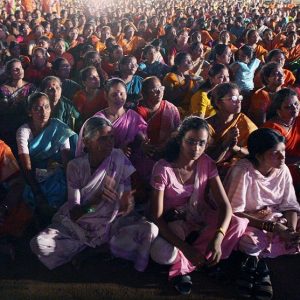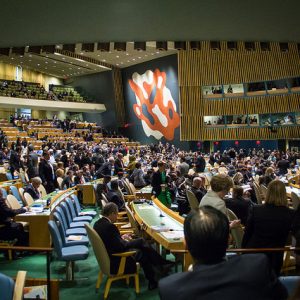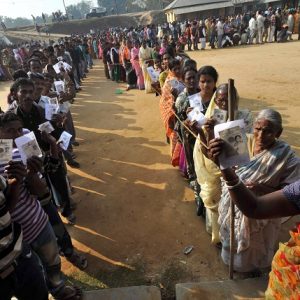Election Expenditure in India | Trends and Challenges



India is set to embark on a new chapter in its Polar exploration journey with the construction of Maitri II. The Indian government plans to establish a new research station near the existing Maitri ba...
.png )
The Deep Ocean Mission (DOM), approved by the Government of India in 2021 under the Ministry of Earth Sciences (MoES), represents a strategic step in realizing Sustainable Development Goal 14 (SDG 14:...

China recently announced restrictions on the export of seven rare earth elements (REEs), soon after US President Donald Trump decided to impose tariffs. As the world's dominant supplier—responsible fo...
<p>The last Lok Sabha election of 2014 was the most expensive election in the history of Indian democracy with a cost of Rs 3,426 crores incurred by the national exchequer. This represented an increas...
<p>A profound fact of environmental protection and conservation is that the impacts of human-induced processes on the environment must be measured and the performance of the processes be assessed, pol...
<p>There are three schools of thought that dominate analyses of voting behaviour – the sociological school, the psychosocial school and thought based on rational choice theory, which de facto represen...
<p>In a path breaking decision, the Supreme Court ruled on August 24, 2017 that privacy is a fundamental right under Article 21 of the Constitution of India. The verdict was delivered by a nine-Judge...
<p>The last Lok Sabha election of 2014 was the most expensive election in the history of Indian democracy with a cost of Rs 3,426 crores incurred by the national exchequer. This represented an increase by 131 per cent over the expenses incurred in the 2009 Lok Sabha election.</p>

<p>A profound fact of environmental protection and conservation is that the impacts of human-induced processes on the environment must be measured and the performance of the processes be assessed, policies be created on this basis and integrated into developmental processes and that the practice and implementation of these policies must be adequate.</p>

<p>There are three schools of thought that dominate analyses of voting behaviour – the sociological school, the psychosocial school and thought based on rational choice theory, which de facto represents the economic school.</p>
